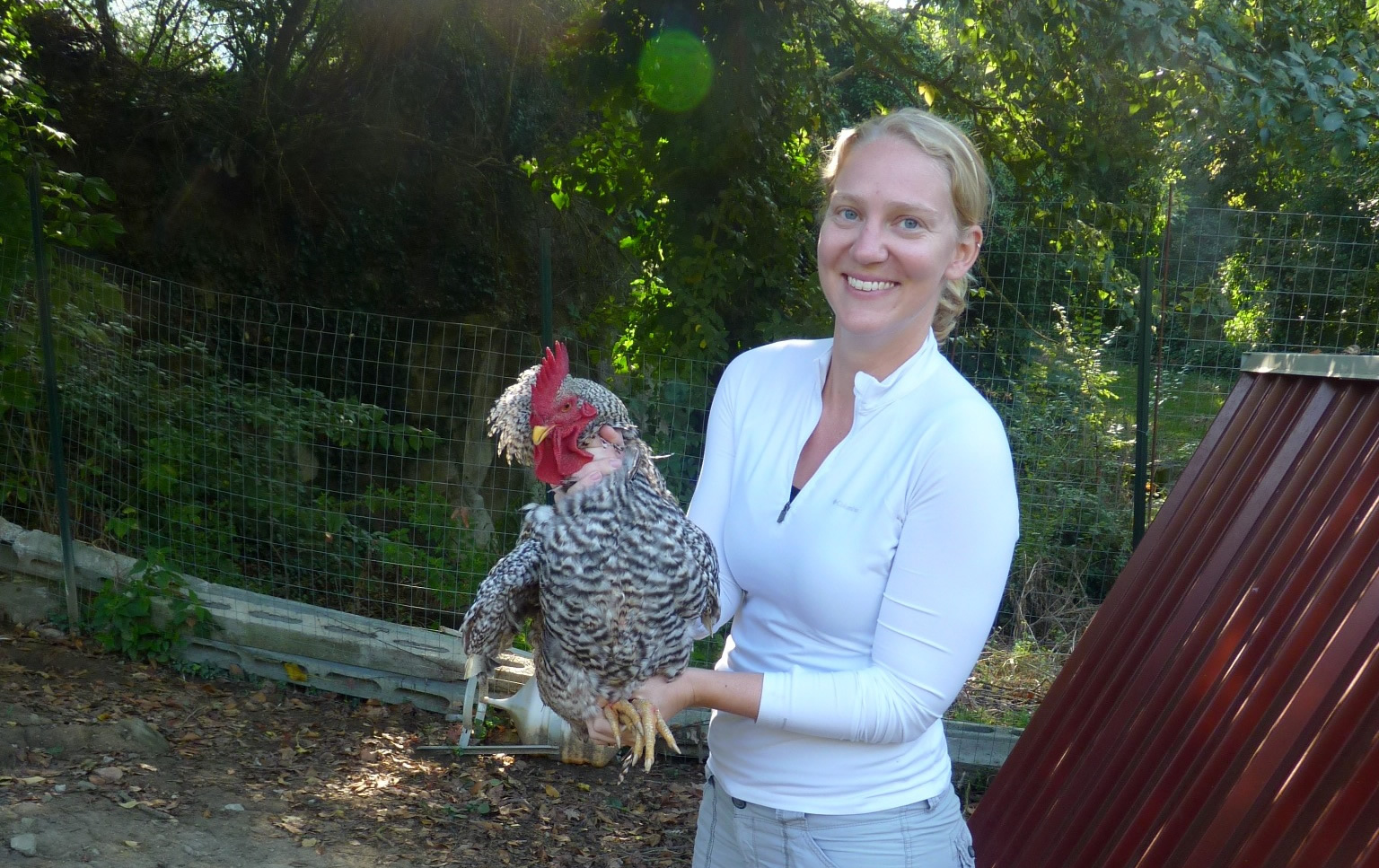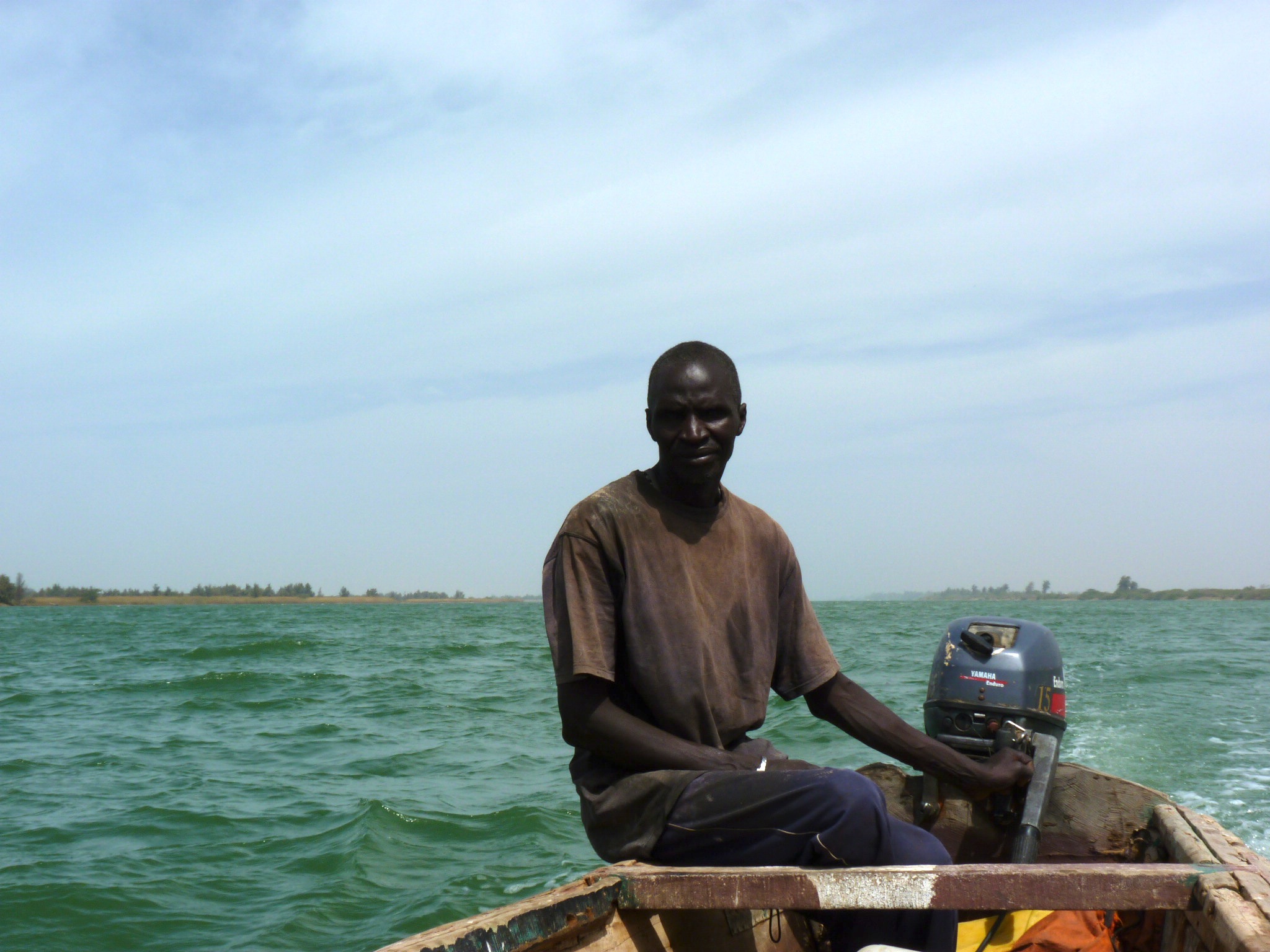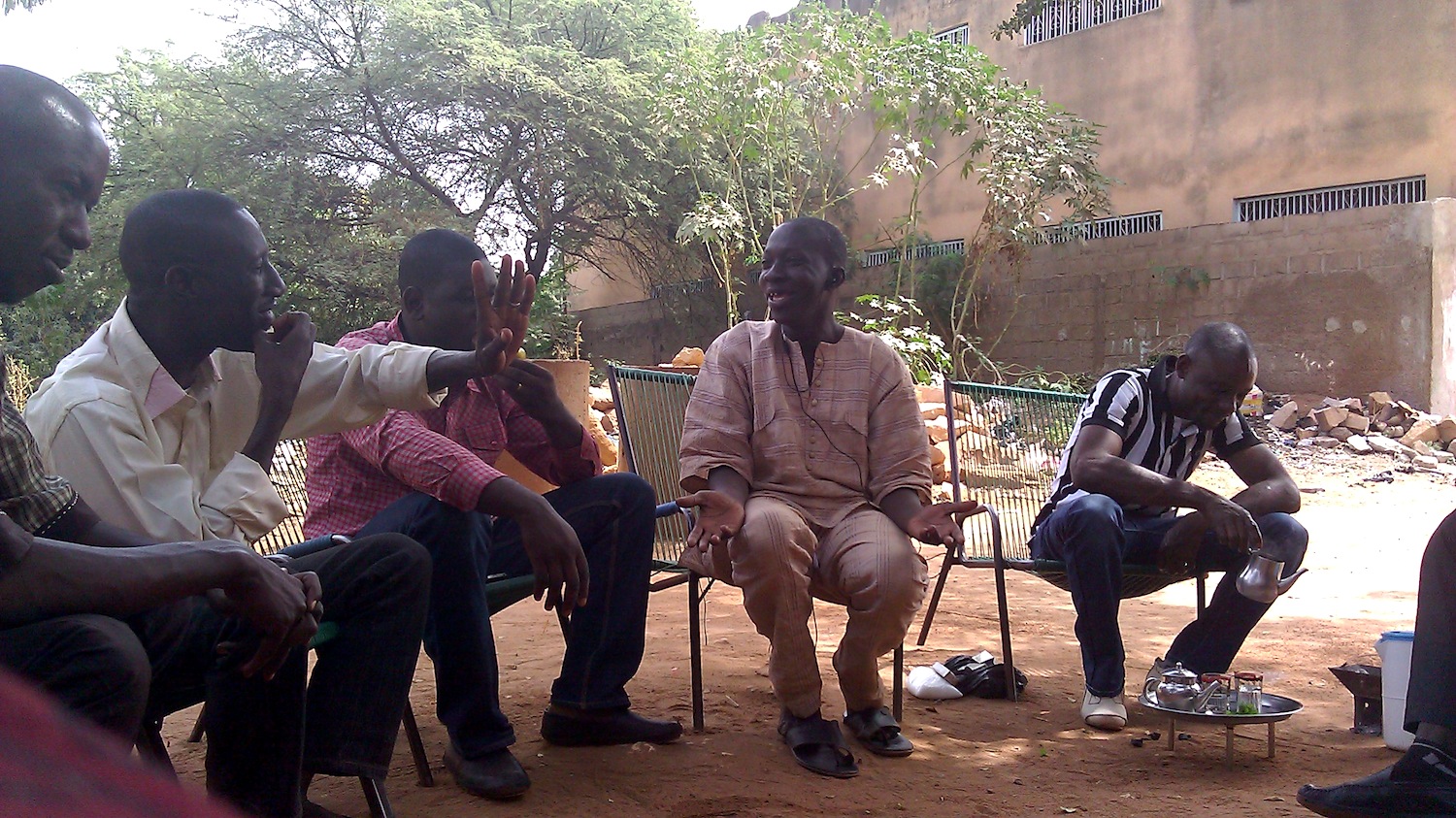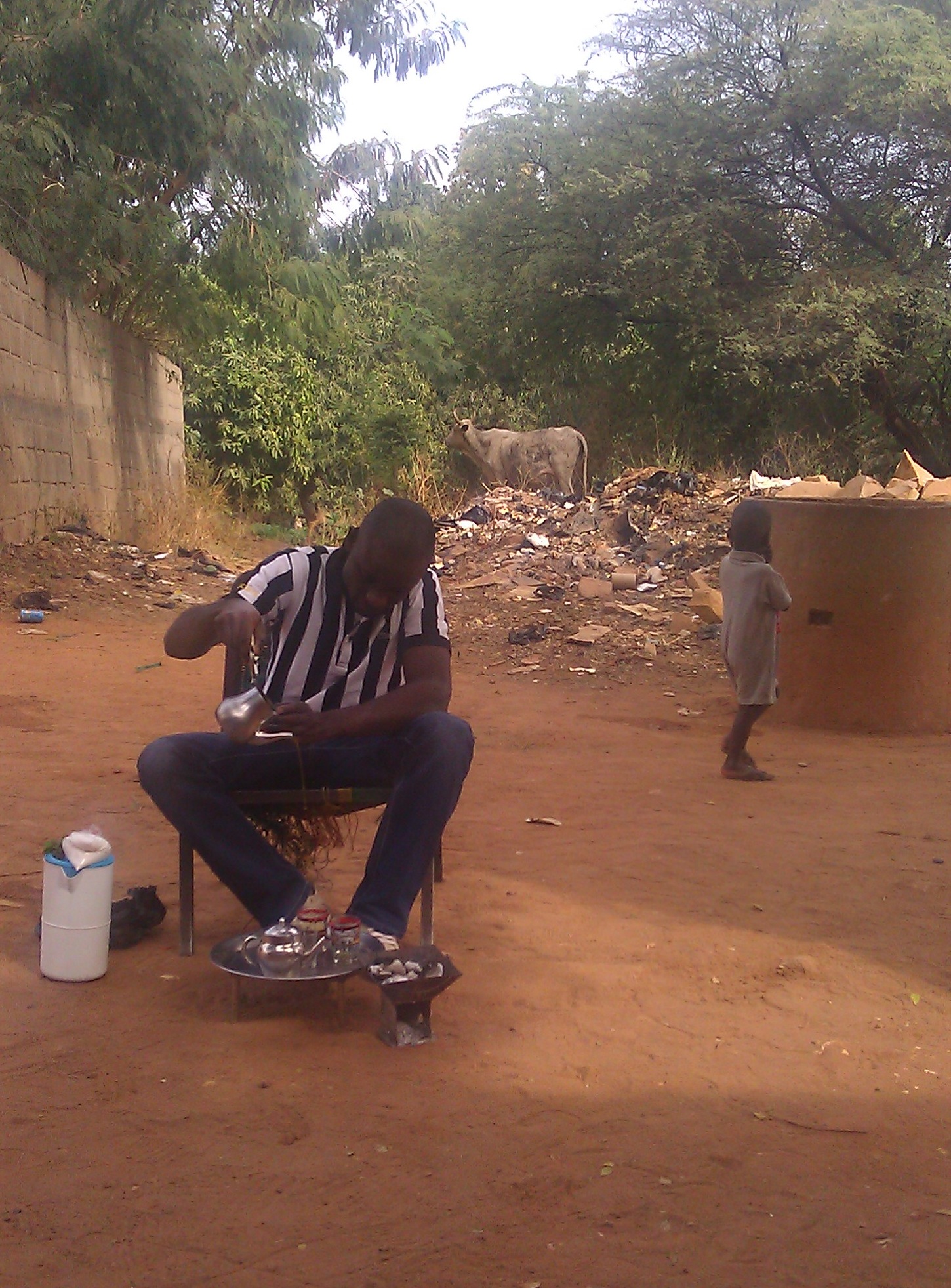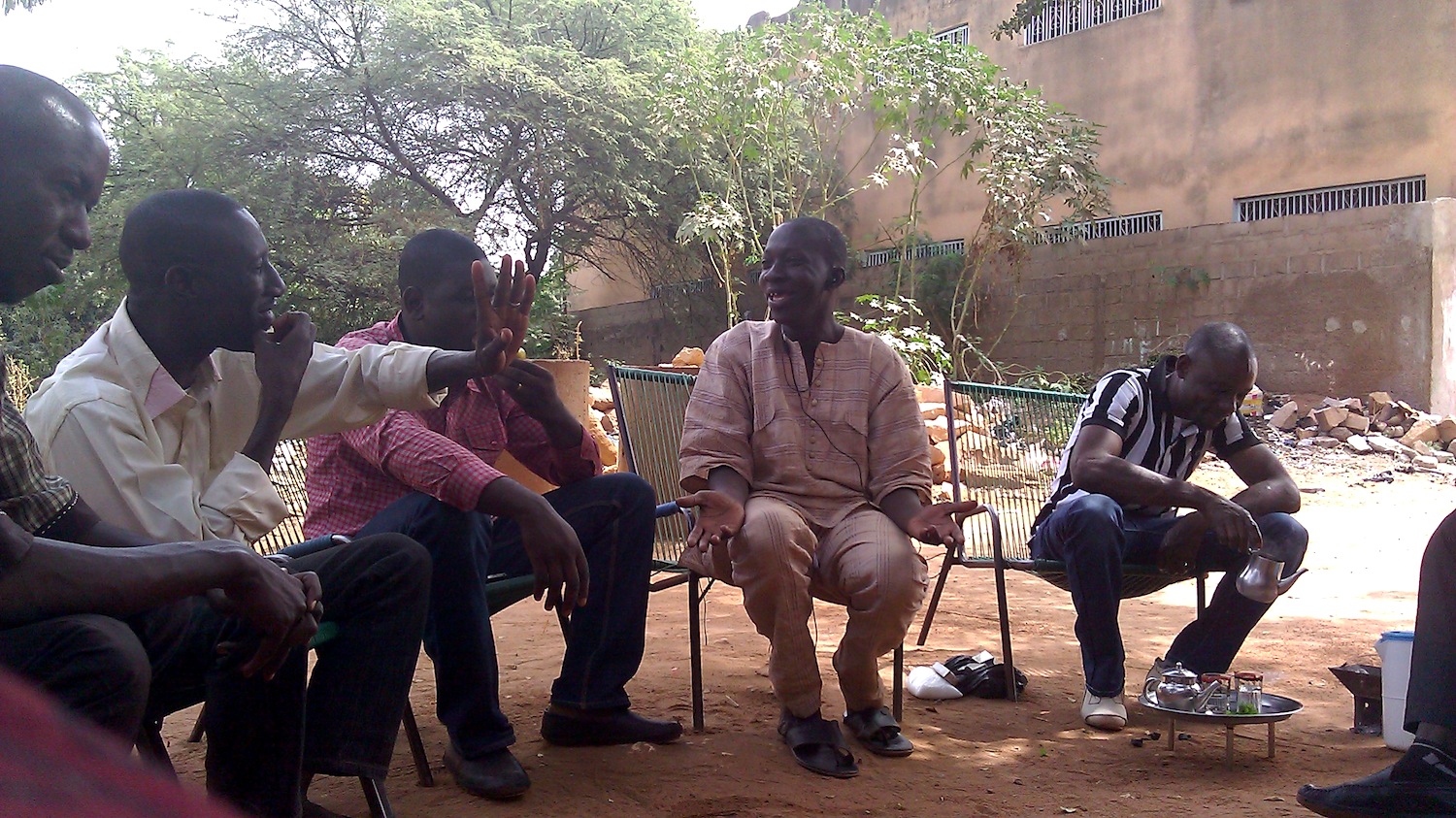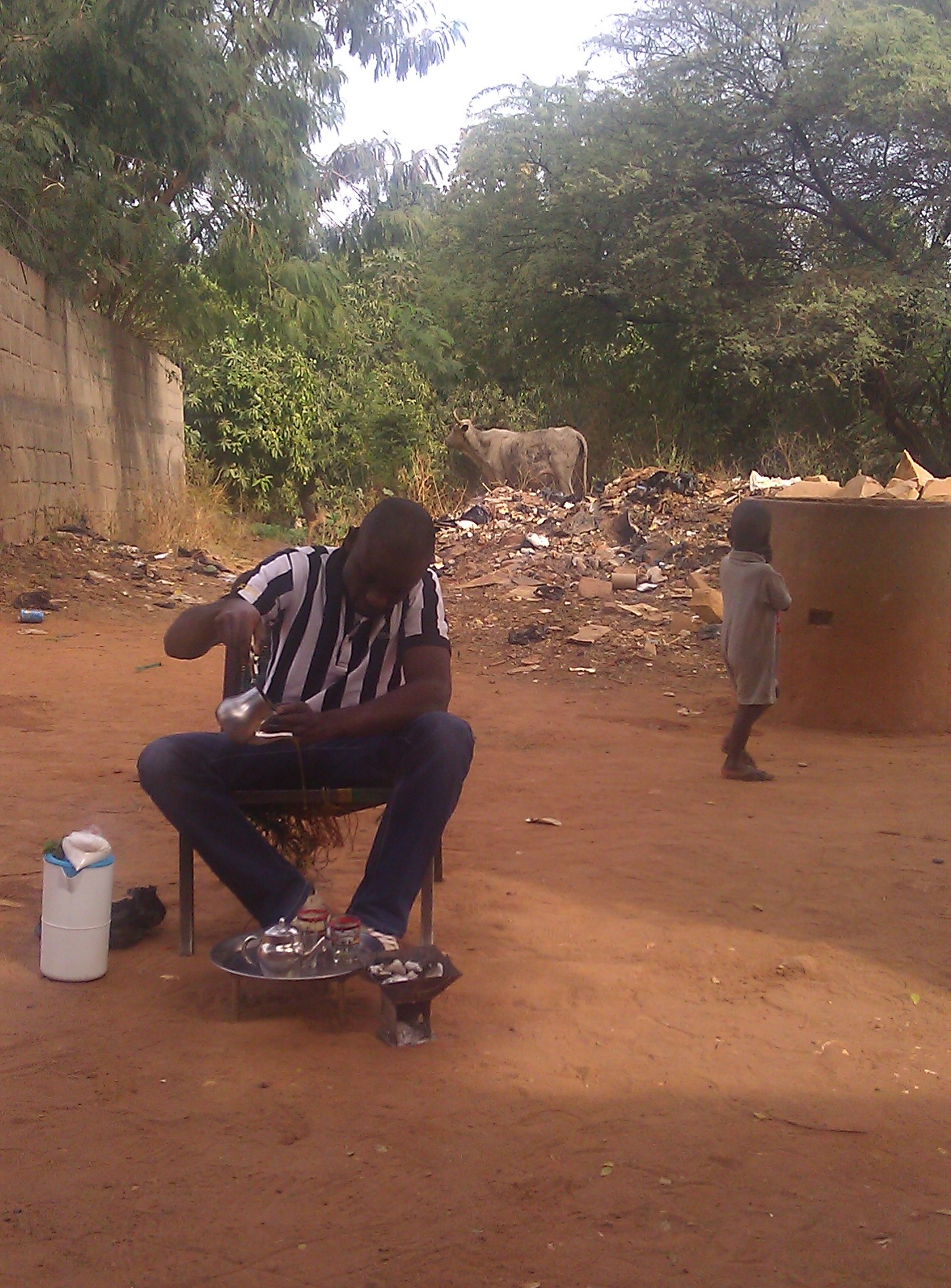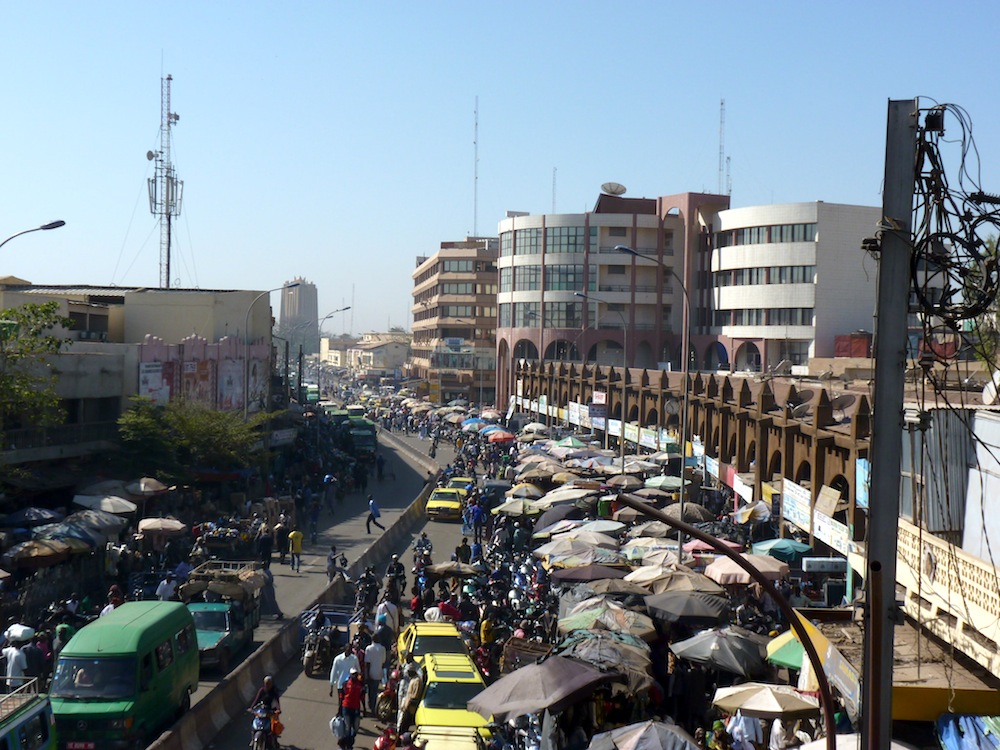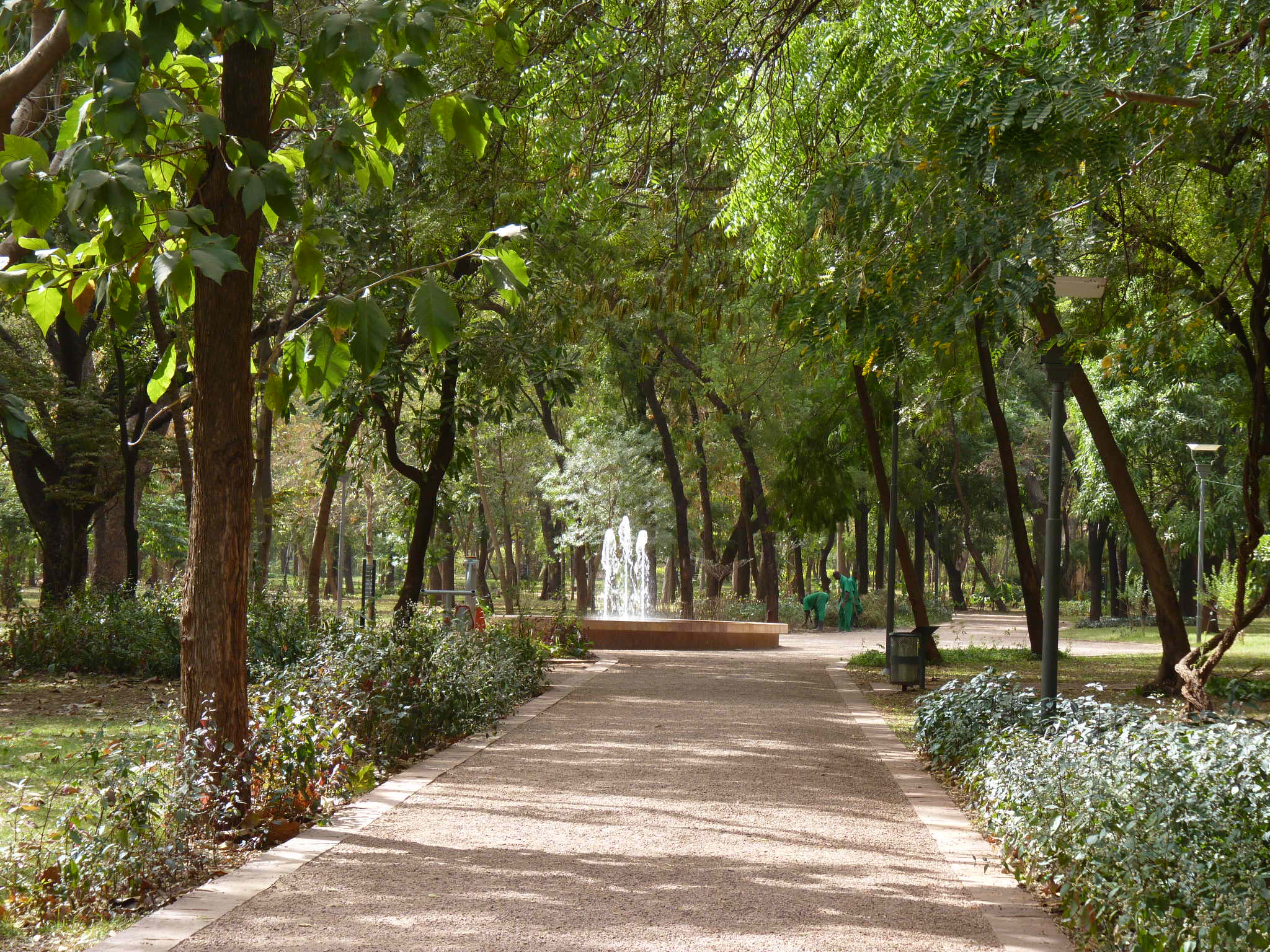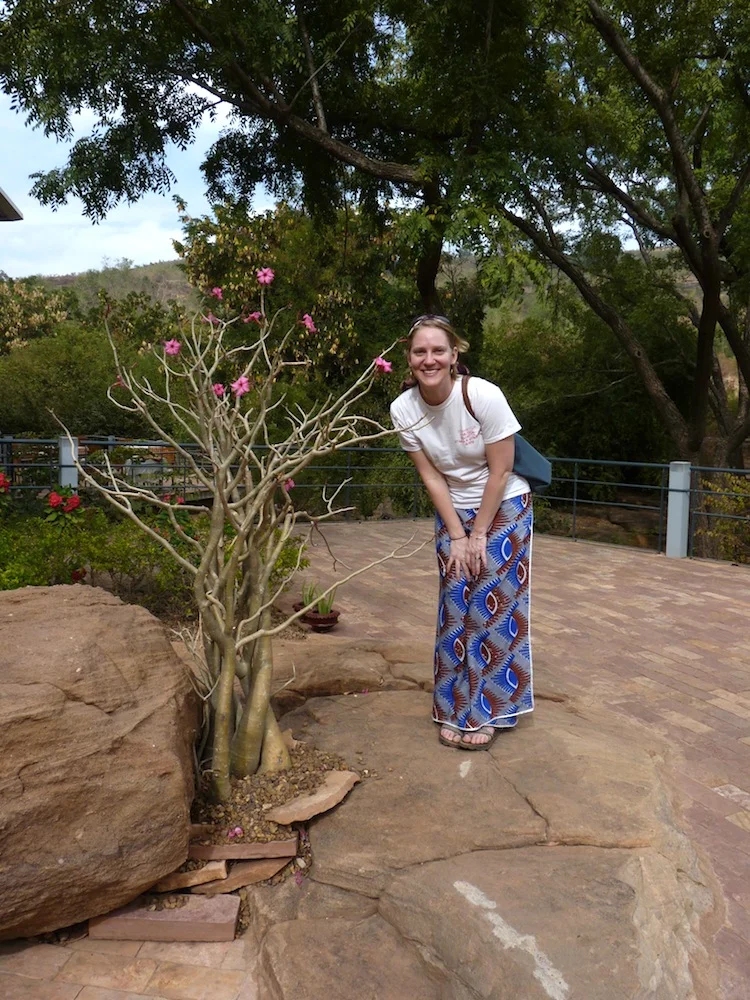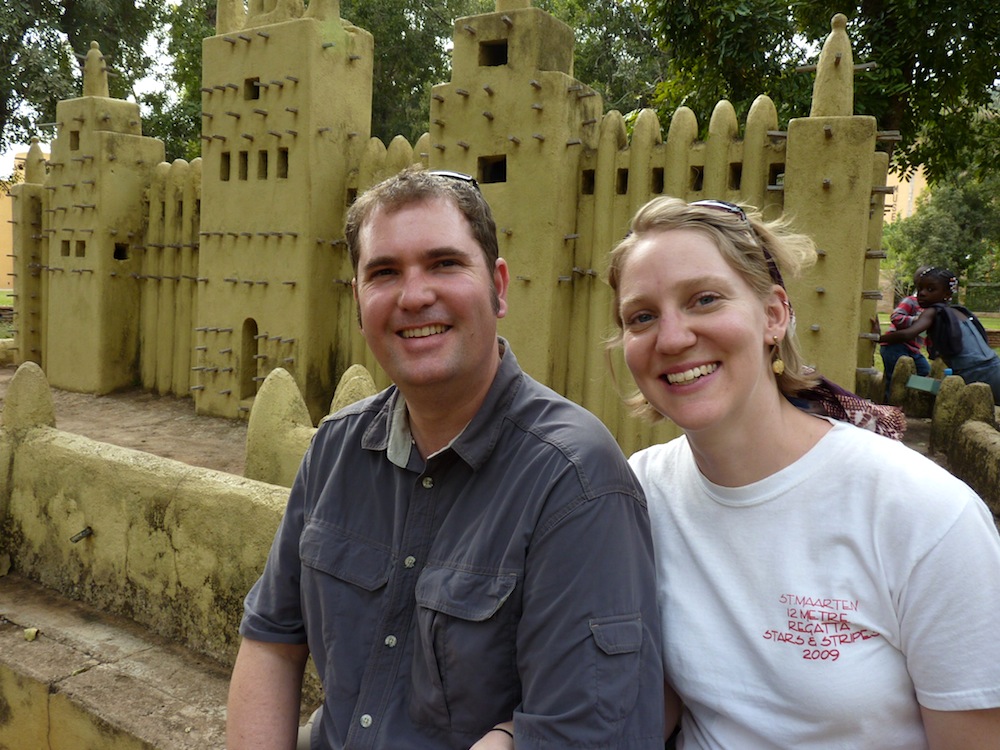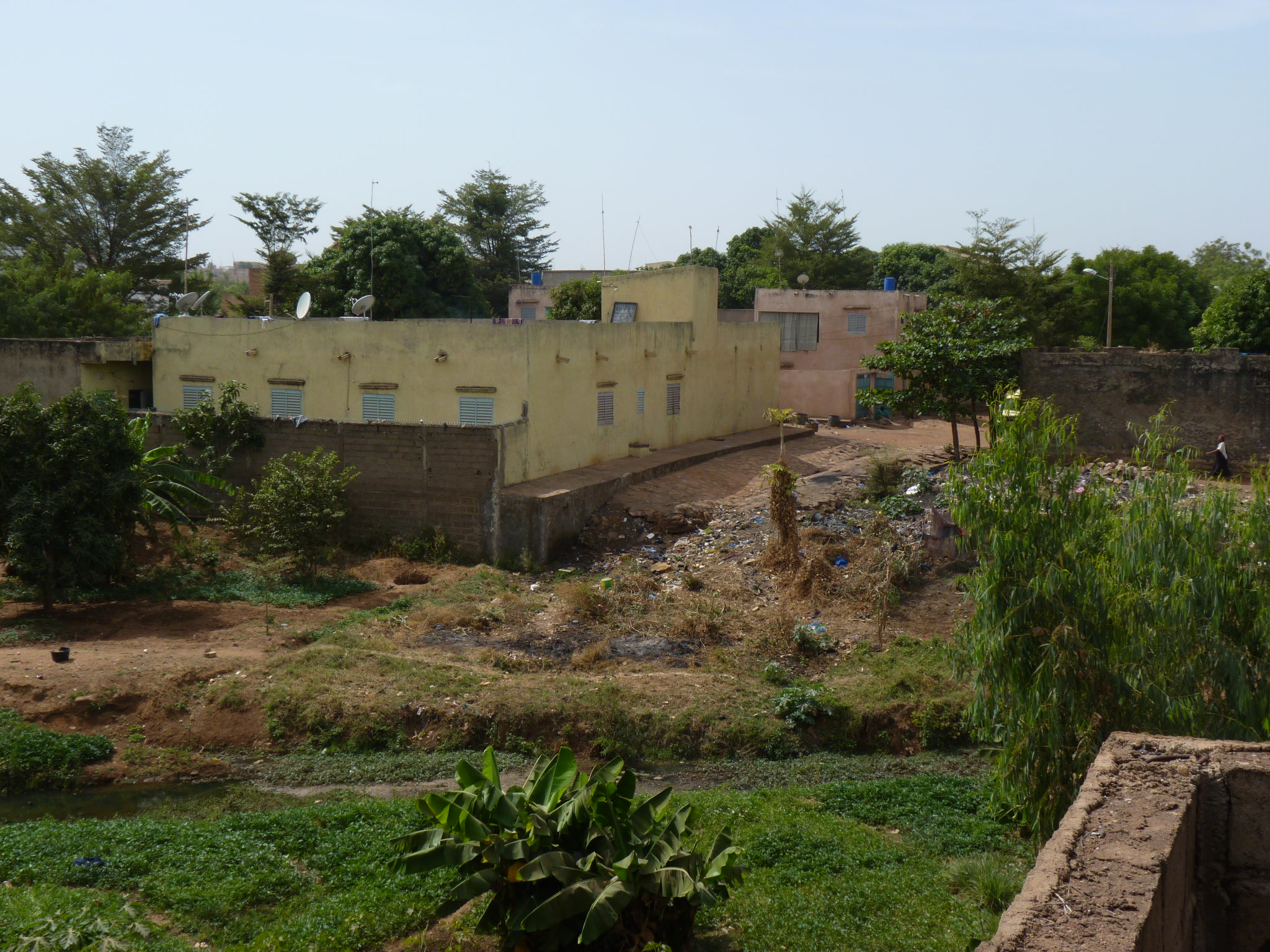Yeah, I know it's an odd title for a post, and no I'm not seeking some weird morbid revenge on the rooster that attacked me. I've been thinking about high heels and chickens because the time has come when Jon and I are thinking of our return home, what that will look like and what our lives will be like. Inevitably the return will involve going back to a day-to-day job and that (for me, not Jon) will probably involve high heels. But in my day to day here where I'm wondering how the new baby chicks are doing - I begin to think of all the various ways we can choose to use the time we have during our lives; and all the kinds of life we can lead. For me, I find myself at a crossroads of the different versions of my life and am as curious as anyone to see where life will take me next. Now that I've explained my bizarre train of thought, let me continue. This trip has offered an opportunity to "be" many things. I've been a traveler, a teacher, an actress (at camp), a consultant, a housesitter, a web developer, a farmer and most recently a window repair person. But is this "me"? Isn't all of it me? When we go back to Portland, will I "be" whatever my job title is - high heels or not? It's so easy for us, especially in America where our culture is career driven, to be defined by what we do for work. But if there's one thing I've learned over the last 9 months, it's that the activities I do during my time on earth don't define me, I think they're absorbed into what creates my character.
What do you think?
Certainly moving away from a career-driving lifestyle offers perspective on where we think we're going with that drive. This time in Italy has shown me how wonderful a slower-paced, tied-to-the-land kind of life can be. And I do like the chickens, even if one of the roosters doesn't like me. They give the most wonderful eggs and the little chicks are fluffy and cute.
A different perspective
Jon has a different take on all of this, which I welcome. While my mind goes directly towards, "what will I do for work?" when thinking of "home," Jon thinks first of what makes home home: friends, family, food, lifestyle etc. Work is just the thing you do to make "home" possible. I know there are a lot of arguments against this: "Oh you should enjoy the way you spend those 8 hours a day!" But I have to admire the guy for not being concerned with how the income is made, as long as you're happy and you live the lifestyle you want.
When we don the high heels (or the suit or whatever 'costume' your job requires) does it change you? I have mixed feelings about this, because the lines between my personal and professional life are often blurred, whereas Jon creates more rigid boundaries in his work life. I enjoy knowing the people I work with and often want to know more about them than just who they are at the office.
Going Home, Taking the World With Us
Regardless of what our work lives will bring us, this trip has afforded us glimpses into many different lifestyles, which we've enjoyed, been confused by, surprised by, loved and wanted to take with us. We both agree that taking the time to travel in the way we have, to be in places long enough to understand the cultures a bit has allowed us to learn how people all over the world live their lives, and how it's not better or worse, but how there are so many options for how people can use their time on earth. I like that. I like knowing that we can "be" one thing for a time and then "be" something else (of course I understand very well the privileged position I hold in being able to say that, and that there are many many people in the world who don't have the option to change their situation). In the end it makes me feel like I do not have to be defined solely by how I earn income, but that I can choose to be defined by other things: the relationships in my life, service to my community, and sure for me, the energy I put into work and how that effects those around me. Maybe I'm giving this more of a simplistic view than it deserves, but being able to "be" many things in a short time has opened our eyes. Life is long (incha'allah - god willing) and I hope that I have the courage to define my life by the experiences I have and how I share those with others. Whether that involves high heels or chickens, or both, I suppose it will be up to me to make it good.
What are your thoughts about work, life, and how you create your life? Is it based on what you do for a living? Or something else? As you ponder, enjoy these photos from our visits to the beautiful villages and towns of Umbria - they are stunning (the towns, probably not the photos so much).
